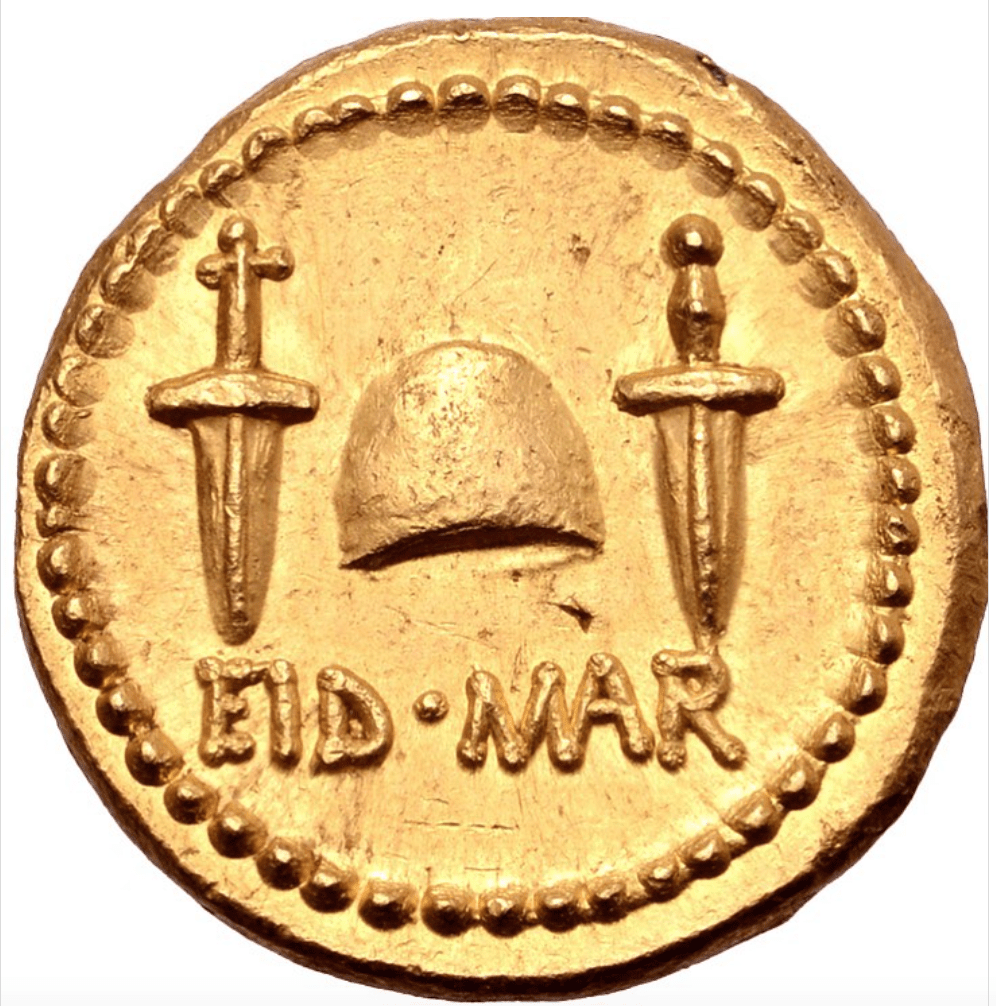Richard Beale, the director of a prominent London-based auction house, has found himself at the center of a scandal involving the sale of multi-million dollar ancient coins. Arrested in New York City in January, Beale’s alleged illicit activities have not been previously reported, sending shockwaves through the numismatic community.
Richard Beale, who serves as the owner and managing director of Roma Numismatics Limited, a renowned auction house specializing in rare and collectible coins, stands accused of falsifying the ownership history of valuable ancient coins. Italo Vecchi, an Italian coin dealer working as a consultant specialist at Roma Numismatics, is implicated alongside Beale in the alleged fraudulent activities. Despite attempts to contact them, neither Beale nor Vecchi have provided any comments or statements regarding the charges.
The accusations stem from two coins sold at auction in 2020, for which Beale and Vecchi are accused of falsifying the record of ownership. The complaint, filed in a New York criminal court, highlights the sale of these coins without proper provenance. One of the coins is an “Eid Mar” coin, minted in 42 B.C. to commemorate the assassination of Julius Caesar on March 15, 44 B.C. This particular coin holds significant historical value. The other coin, known as the “Sicily Naxos” coin, was minted in 430 B.C. in the Greek colony of Naxos on Sicily, making it a highly sought-after and prized ancient coin.
Allegedly, Beale purchased these coins from Vecchi between 2013 and 2014, despite the absence of documented provenance. To legitimize their sale, Beale reportedly paid for false ownership history documents, attributing the coins to the collection of the Baron Dominique de Chambrier. These coins were then listed with this provenance during auctions held in London in October and November 2020. The Eid Mar coin fetched an astounding £3.2 million ($4.1 million), becoming the highest-priced ancient coin ever sold at auction, while the Sicily Naxos coin sold for £240,000 ($291,000).
Adding to the gravity of the situation, the criminal complaint alleges that Beale engaged in further fraudulent activities by purchasing five additional coins from a convicted antiquity trafficker. These coins, reportedly looted from the Gaza Strip in 2017, were then sold through Roma Numismatics with falsified provenance. The accusation paints a disturbing picture of Beale’s involvement in the illicit trade of ancient artifacts.
Compounding the legal ramifications, it has been revealed that the Eid Mar Coin was shipped to the United States twice in 2020. Customs paperwork identified the coin as originating from either Turkey or Italy, while it is believed to have originated from Greece. The Sicily Naxos coin, on the other hand, is alleged to have originated from Italy.
The complaint filed against Beale and Vecchi suggests that the two individuals deliberately deceived potential buyers by fabricating false provenance for the coins. This deceit allowed the coins to be viewed as legitimate and bestowed upon them a certain value. The alleged actions of Beale, a highly respected figure in the numismatic world, have sent shockwaves through the community and raised concerns about the authenticity and integrity of ancient coin transactions.
As of now, Beale faces charges of grand larceny, criminal possession of stolen property, conspiracy, and scheme to defraud. His arrest on January 10th marked the beginning of a legal process that will determine his guilt or innocence. The next court appearance for Beale is scheduled for May, and the numismatic community eagerly awaits further developments in this high-profile case that could have far-reaching implications for the trade of ancient coins.
